Virginia Lt. Gov. Condemns Gay Marriage in Handwritten Note
Virginia Republican gubernatorial candidate Winsome Earle-Sears took the unusual step of condemning a bill she was obligated to sign.

Virginia Republican Lt. Gov. Winsome Earle-Sears took an unusual step last year to express her personal objection to a bill she was constitutionally required to sign as the presiding officer of the Virginia Senate.
The bill in question, HB 174, is similar to the federal Respect for Marriage Act that was signed into law in 2022 by former President Joe Biden.
It provides that no person authorized to issue a marriage license can refuse to issue a license to an otherwise qualified adult couple based solely on the sex, gender, or race of the partners involved.
The measure also explicitly states that religious organizations or clergy members were within their right to refuse to perform a marriage if they have religious objections to the union. Republican Gov. Glenn Youngkin ultimately signed the bill into law.
However, when the bill passed the Senate on a largely party-line vote of 22-17, with only one Republican voting in favor, Earle-Sears decided to handwrite a note expressing her opposition to the very bill that she was constitutionally required to sign.
A copy of the bill was obtained by the political news outlet Virginia Scope, which was the first to report the lieutenant governor’s action, seen by political observers as a symbolic gesture to Republican base voters who may still oppose LGBTQ rights on religious or moral grounds.
“As the Lt. Governor, I recognize and respect my constitutional obligations to the procedures laid out in the Constitution of Virginia,” the note reads. “However, I remain morally opposed to the content of HB 174 as passed by the General Assembly.”
Earle-Sears’ views on LGBTQ rights have come under scrutiny following an internal party controversy involving the Republican candidate for lieutenant governor.
Because Youngkin is term-limited, Earle-Sears has jumped into the race for governor, where she is running unopposed for the GOP nomination.
Two Republicans were running to fill her current position of Lt. Governor. But with the exit of Fairfax Supervisor Pat Herrity (R-Springfield), the only candidate left in the race is conservative talk show host John Reid, a gay man.
Last month, Youngkin — allegedly acting on the advice of political advisers — asked Reid to withdraw from the race after opposition researchers claimed to have found a since-deleted Tumblr account using a handle identical to the one Reid uses, that reposted sexually explicit images of nude men.
Reid denies ever having controlled the account in question or having reposted the pornographic content.
He has since claimed that some religious conservatives within the Republican Party — who are opposed to having an LGBTQ person as part of the party’s slate — have threatened him and his family, harassed him and his partner, and sought to destroy his reputation to force him to drop out of the race. Reid has insisted he will not withdraw.
Earle-Sears has not appeared at scheduled rallies or events with Reid since the controversy came to light.
She issued a brief public statement, stating, “It is [Reid’s] race, and his decision alone to move forward. We all have our own race to run.”
Casey Flores, a former member of Gov. Youngkin’s LGBTQ+ Advisory Board and founder of the Log Cabin Republicans of Richmond, told Virginia Scope that he believes Earle-Sears does not want a gay running mate.
“I just think that Winsome didn’t want to run with the gay guy,” Flores told the outlet. “Winsome is not a conservative. She’s kind of a theocratic totalitarian. She actually does care what people do in their bedrooms. And, you know, I think the Republican Party is largely past that.”
Earle-Sears’ spokeswoman, Peyton Vogel, provided a statement addressing speculation over the lieutenant governor’s views on LGBTQ rights.
“The lieutenant governor has answered this question many times. She has already shown she will always be a governor for all Virginians,” Vogel said. “She has always been open and honest with the people of Virginia about her values and her unwavering commitment to both respecting and upholding the law.”
Reid told supporters at a campaign rally that he will be voting for Earle-Sears in November when she faces off against former Democratic Congresswoman Abigail Spanberger.
The Democratic Party of Virginia attacked Earle-Sears over the note, saying her opposition to allowing same-sex couples to wed was another example of her “dangerous” conservative agenda.
“Virginians deserve a governor who will fight to protect their rights and freedoms, and it’s crystal clear Sears won’t do that,” Maggie Amjad, a spokesperson for the Democratic Party, said in a statement.
Both her stated opposition to marriage equality and her efforts to distance herself from Reid have cast a spotlight on Earle-Sears’ personal views on LGBTQ rights, which some voters find instructive of how she would treat LGBTQ individuals should she be elected to the commonwealth’s highest office.
The outcome of the Reid controversy, including his decision to stay in the race, may also shine a light on possible rifts within the Republican coalition and underscore the dwindling influence of religious conservatives within the party — particularly if Republican voters don’t abstain from the race and Reid wins the general election.
While historically, Republican base voters have been fixated on social issues, such as opposing LGBTQ rights on moral or religious grounds, it is possible that a more Trump-friendly GOP may have a more libertarian bent in terms of a politician’s personal morals or values.
In recent years, Republican politicians have been less openly hostile to gay or lesbian members of their own party, and have been more selective of what social issues they use as “wedge issues” in political campaigns.
The party has primarily focused its anti-LGBTQ political attacks on issues where the conservative view is more widely held among the general public, such as bans on transgender athletes in women’s sports, prohibitions on gender-affirming care for minors, or the use of taxpayer funds to cover the cost of gender-affirming care for adults.
Regarding the fate of full marriage equality in the commonwealth, same-sex couples’ ability to marry appears to be largely contingent on the U.S. Supreme Court standing by precedent rather than Earle-Sears’ personal views.
Virginia Democrats, with the support of 14 General Assembly Republicans, previously repealed Virginia’s statutory ban on same-sex marriage in 2020 under Youngkin’s predecessor, Democratic Gov. Ralph Northam.
However, the commonwealth’s constitutional ban on same-sex marriage — also known as the Marshall-Newman Amendment, which was rendered null and void by a 2015 U.S. Supreme Court decision — still remains on the books.
If the Supreme Court at any time reverses its 2015 ruling, as some state-level Republican parties and sitting Supreme Court justices have demanded, the Marshall-Newman Amendment would take effect immediately, forcing same-sex couples out of state if they wish to marry.
While the Respect for Marriage Act would still require Virginia officials to recognize the validity of out-of-state marriages, individual county or city clerks or government bureaucrats could throw some temporary hurdles in the way of same-sex couples and LGBTQ individuals, such as denial of tax benefits, refusal of name changes, or disputes over powers of attorney, living wills, or inheritance rights.
Democratic General Assembly lawmakers have approved two separate bills seeking to repeal that prohibition — one which passed in 2021 and another in 2025.
However, any proposed amendment to the Virginia Constitution requires lawmakers to cast two votes on bills with exact, precise, identical language in two separate sessions — one held directly before statewide elections and the other directly after them.
Because Republicans took control of the House of Delegates (as well as the governorship and other statewide offices) following the 2021 elections, conservatives blocked a second vote. The initial attempt failed.
To repeal the ban on same-sex marriage completely, lawmakers must vote on a bill identical to the one passed earlier this year during the 2026 legislative session. And even after that, the issue would still have to appear on the 2026 midterm election ballot and be approved by a majority of Virginia voters to take effect.
While Earle-Sears, as governor, would not be able to veto a proposed constitutional amendment, she could use both her political influence within the party and call upon networks of socially conservative activists, such as the Family Foundation, to derail the amendment.
For instance, Earle-Sears could pressure General Assembly Republicans to deny votes to any repeal of Marshall-Newman, which would have an effect on the proposed amendment’s margin of victory under a Democratic-controlled House or Senate or could even lead to a legislative defeat if Republicans gain control of either chamber.
Alternatively, Earle-Sears could allow the issue to go to the ballot in 2026 but could use her bully pulpit and her position to urge voters to reject the proposed repeal of the Marshall-Newman Amendment.
Because it is unclear exactly how Earle-Sears would respond if she were elected governor, Democrats have argued that anybody who supports marriage equality should not only elect Democrats to statewide office but should vote for Democratic candidates down the ballot to ensure the party maintains control of both legislative chambers in 2026, paving the way for a repeal effort.
LGBTQ advocates argue that while polls show at least a plurality of Republicans support allowing same-sex couples to wed, the specific Republican candidates who are running for the General Assembly, and the party’s legislative leaders, are more staunchly opposed to same-sex marriage and are likely to block any expansion of LGBTQ rights.
Understandably, due to the technical nature of amending the Virginia Constitution and the unwillingness of most elected Republicans to cede any ground on the issue, achieving full marriage equality in the commonwealth will likely remain an uphill battle for the foreseeable future.
Support Metro Weekly’s Journalism
These are challenging times for news organizations. And yet it’s crucial we stay active and provide vital resources and information to both our local readers and the world. So won’t you please take a moment and consider supporting Metro Weekly with a membership? For as little as $5 a month, you can help ensure Metro Weekly magazine and MetroWeekly.com remain free, viable resources as we provide the best, most diverse, culturally-resonant LGBTQ coverage in both the D.C. region and around the world. Memberships come with exclusive perks and discounts, your own personal digital delivery of each week’s magazine (and an archive), access to our Member's Lounge when it launches this fall, and exclusive members-only items like Metro Weekly Membership Mugs and Tote Bags! Check out all our membership levels here and please join us today!









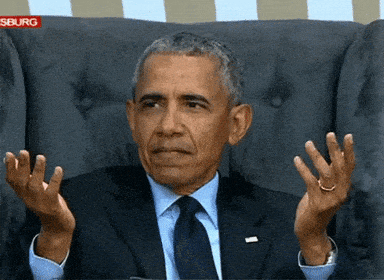

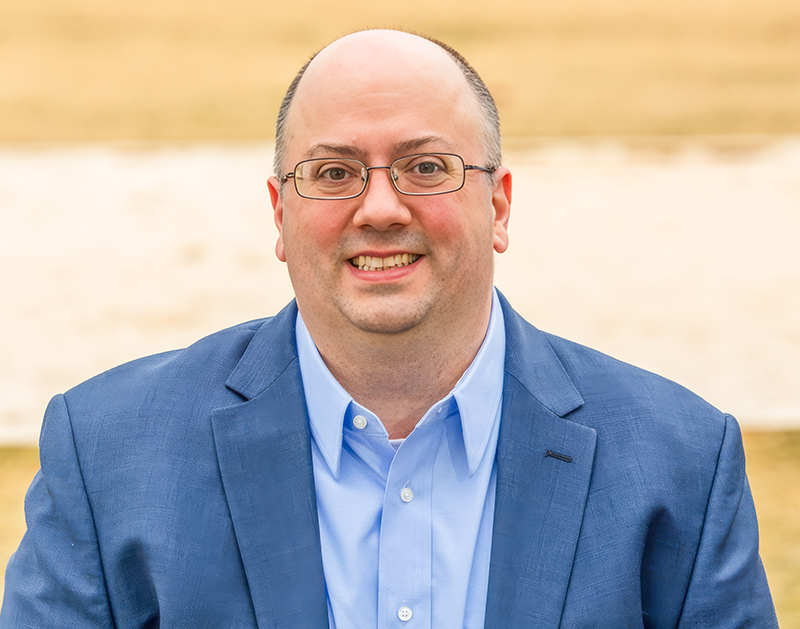












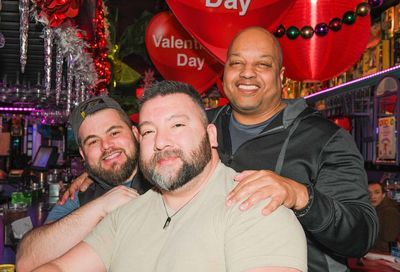
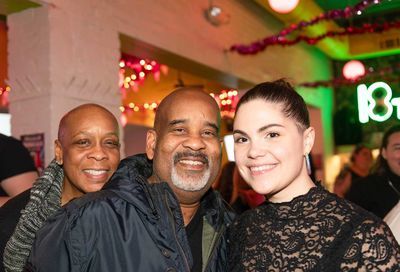
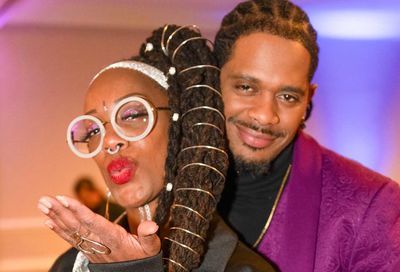
You must be logged in to post a comment.